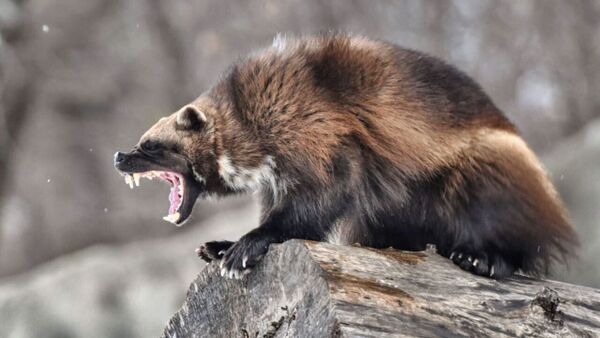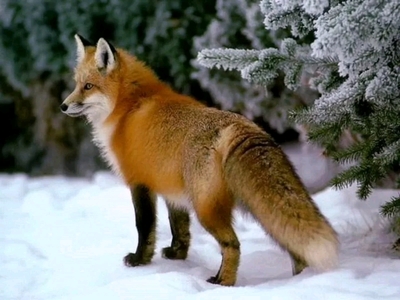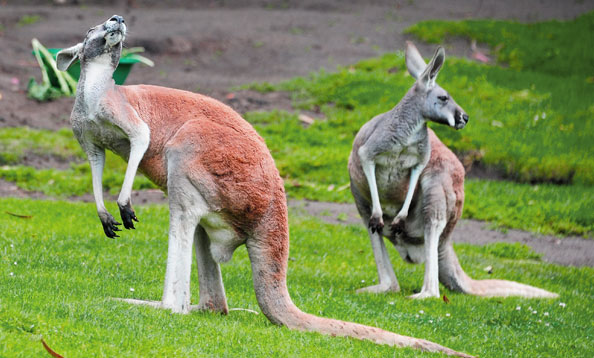
Red Kangaroos
Table of ContentsIntroduction: What are Red Kangaroos?Physical Characteristi···
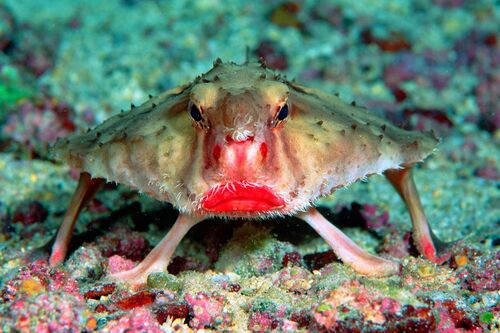
Ogcocephalus darwini
Red Lipped Batfish,Galapagos batfish, Daphnia galapagos batfish
The Red-Lipped Batfish (scientific name: Ogcocephalus darwini) is one of the···
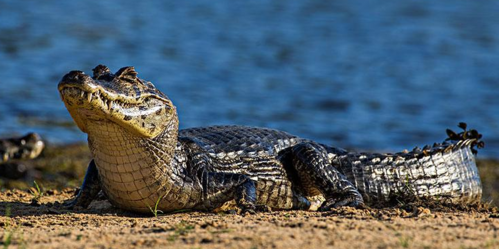
caiman
American alligator, spectacled crocodile
Caiman: A stealthy predator in tropical watersCaiman is a crocodile-like rep···
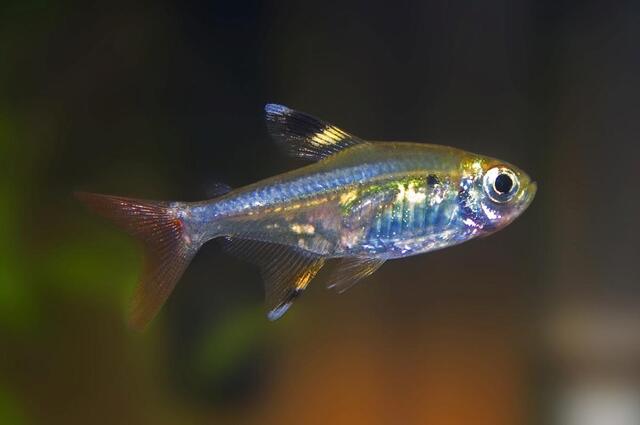
Pristella maxillaris
Pleurotus eryngii,Pristella maxillaris
Animals Starting with X: Exploring the Mysterious World of X-ray FishAmong t···
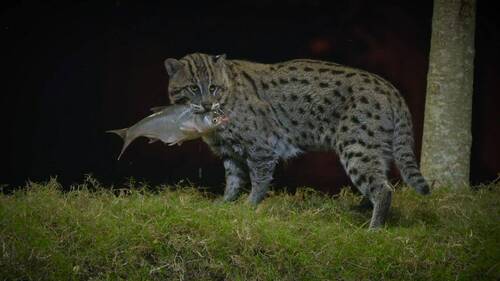
Prionailurus viverrinus
Fishing Cat, Chat Pêcheur,Gato Pescador,Felis viverrina Bennett
Fishing cat: one of Asia's most endangered small and medium-sized catsTh···
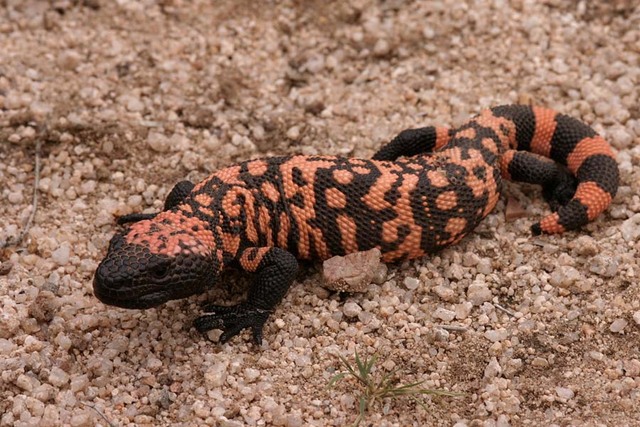
Heloderma suspectum
Gila Monster, American Gila Monster, Gila Monster,Gila Monster, Blunt-tailed Lizard, Aztec Lizard
The Gila Monster (scientific name: Heloderma suspectum) is also known as the···
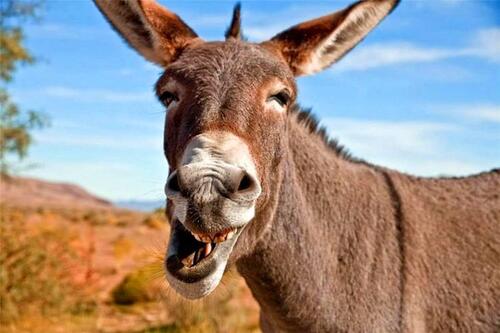
Mule
Equus ferus × asinus,Horse mule, donkey mule,Equus mulus Erxleben
Mule (scientific name: Equus ferus × asinus, foreign name: Mule) is the off···
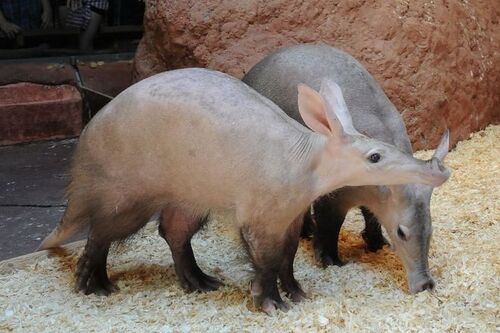
Orycteropus afer
Native pig, anteater, African anteater, ant bear,Aardvark
Aardvark (scientific name: Orycteropus afer), also known as: ground pig, ant···
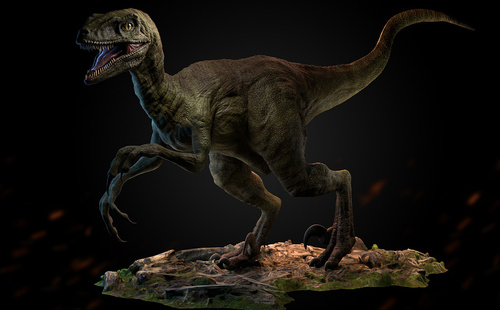
Velociraptor
Velociraptor mongoliensis,Velociraptor,Velociraptorinae, and Venomous dinosaur
Chinese name:xùn měng lóngLatin name: VelociraptorOther names: Velocirapt···
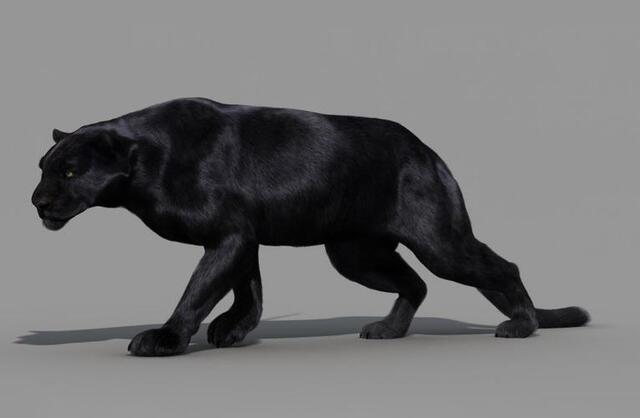
Panthera pardus fusca
Black Leopard, Leopard, panther
The black panther is a black variant of the leopard (Panthera pardus fusca).···
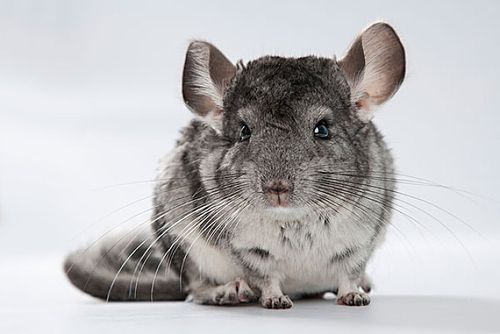
Chinchilla
Chinchilladale,Chinchilla,South American Chinchilla, Woolly Mouse
Chinchilla, also known as chinchilla, chinchilla, chinchilla, woolly mouse, ···
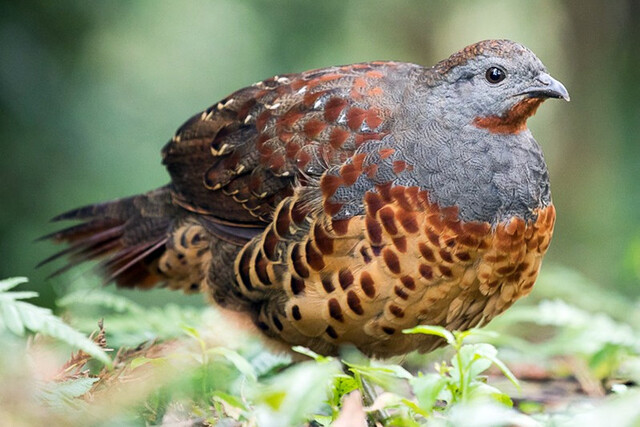
Bambusicola sonorivox
Bambusicola sonorivox,Taiwan bamboo partridge
Taiwan bamboo partridge, also known as red-footed bamboo partridge (English:···
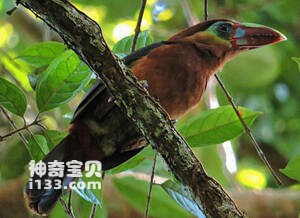
Tawny-tufted Toucanet
Selenidera nattereri
The scientific name of the tea-bearded little toucan is Selenidera nattereri···
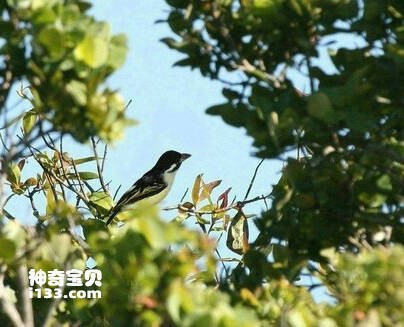
white breasted chimes
Pogoniulus makawai
The scientific name of the white-chested tinkerbird is Pogoniulus makawai, a···
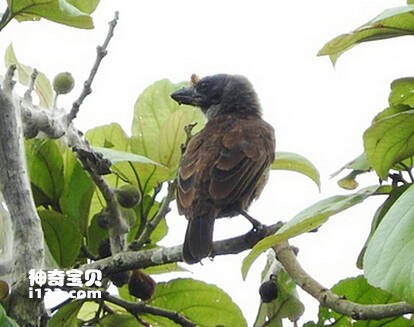
Sri Lankan
Gymnobucco sladeni,Sladen's Barbet
The scientific name of Sladen's Barbet is Gymnobucco sladeni, and its fo···
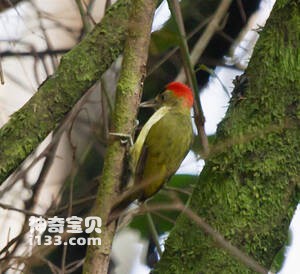
Ehrlich's Woodpecker
Dendropicos elliotii
The scientific name of the Elliot's Woodpecker is Dendropicos elliotii, ···
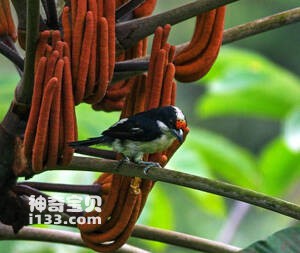
Orange-fronted Barbet
Capito squamatus
The scientific name of the orange-fronted barbet is Capito squamatus, and it···
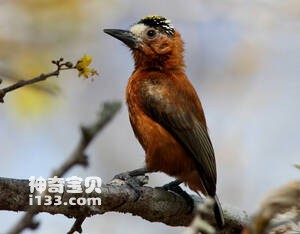
Chestnut Woodpecker
Picumnus cinnamomeus
The chestnut woodpecker's scientific name is Picumnus cinnamomeus, and its f···
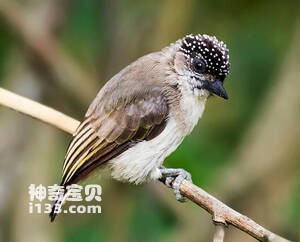
gray woodpecker
Picumnus granadensis,Greyish piculet
灰姬啄木鸟学名Picumnus granadensis,外文名Greyish piculet,具体习性不详。列入···
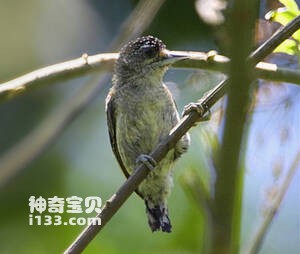
Fine-barred Piculet
Picumnus subtilis,Fine-barred piculet
Fine-barred Piculet Scientific Name Picumnus subtilis,Foreign name:Fine-ba···
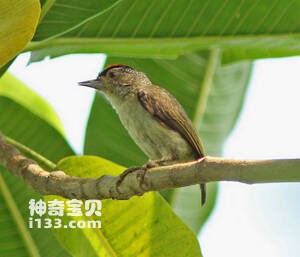
Picumnus castelnau Malherbe
Picumnus castelnau,Plain-breasted piculet
The scientific name of the Plain-breasted Woodpecker is Picumnus castelnau, ···
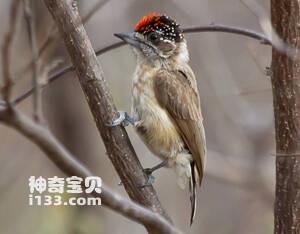
Ochraceous Piculet
Picumnus limae,Ochraceous piculet
Picumnus limae, also known as Ochraceous piculet in foreign languages, has u···
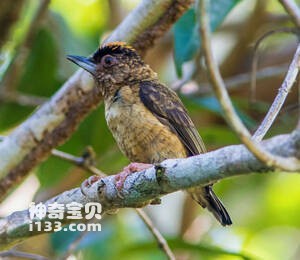
Picumnus fuscus
Picumnus fuscus,Rusty-necked piculet
The scientific name of the Rusty necked Woodpecker is Picumnus fuscus, and i···
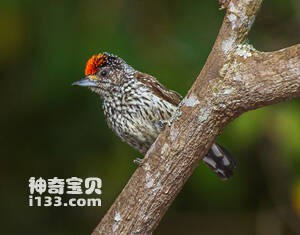
Picumnus albosquamatus
Picumnus albosquamatus,White-wedged piculet
The scientific name of the White-tailed Woodpecker is Picumnus albosquamatus···
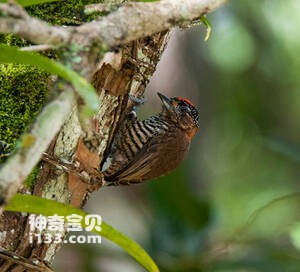
Picumnus temminckii
Picumnus temminckii,Ochre-collared piculet
The scientific name of the Zhe Ling Ji Woodpecker is Picumnus temminckii, an···
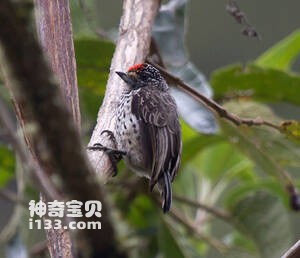
Picumnus dorbignyanus
Picumnus dorbignyanus,Ocellated piculet
The scientific name of the spotted woodpecker is Picumnus dorbigyanus, and t···
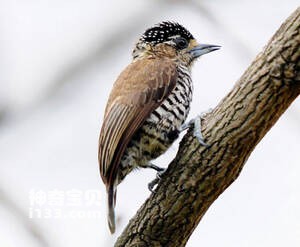
Picumnus cirratus
Picumnus cirratus,White-barred piculet
The scientific name of the White spotted Woodpecker is Picumnus cirratus, an···
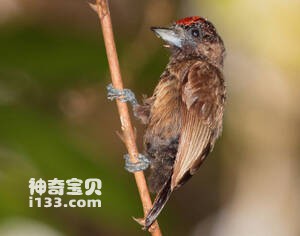
Picumnus varzeae
Picumnus varzeae,Varzea piculet
The scientific name of the Brazilian woodpecker is Picumnus varzeae, and the···

